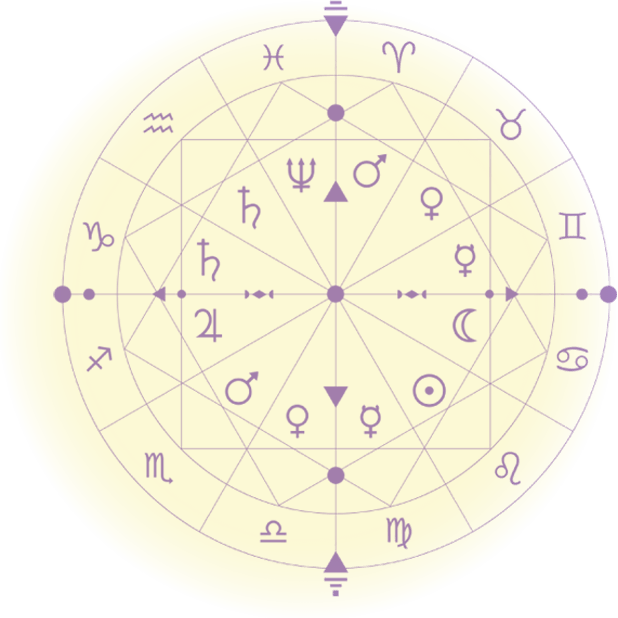Venus

Oh, the Allure!
We all know Venus is the goddess of love. In our charts, she indicates our romantic style, our tastes in adorning ourselves, and decorating our personal space. She is also related to money and valuables. Her signs, Taurus and Libra, rule the second and seventh houses of the zodiac. In both of these roles, Venus is about what we value. And when we look more closely, we realize her true function is to rule self-worth–good old self-esteem. As second house ruler, she is in charge of what we value. This may be money, jewels, and property. It may be ideals or knowledge. Nevertheless, if we don’t value ourselves, we don’t get what we value!
In her role as seventh house ruler, this is even more apparent. The seventh house rules committed relationships. It also rules open enemies! To a very large extent, the success of our relationships with others depends upon our own self-valuation. If we overvalue self–if we are puffed up with arrogance, our relationships will suffer. If we don’t value self enough, our relationships will offer us only the little we believe we are worth.
In Hindu mythology, there is an interesting tale about Venus. She is considered the ruler of the demonic realm. (Jupiter is ruler of the gods.) Venus adores pleasure. She wants to see others enjoy themselves, too. As a result, she frequently gives great boons to those who aren’t really worthy of receiving them. These people will then misuse these gifts, and can end up in worse shape than before they received them! (Just think of the lottery winners whose lives were ruined by the unexpected riches.) For this reason, Venus is also associated with disappointment! The demons may have gotten what they wanted, and were probably slow learners, too, but eventually, they saw the emptiness in the material and hedonistic joys. That’s when Venus’ allures no longer charm and the demons “graduated” to the tutelage of Jupiter.
In the mythology of Babylonia, Venus again wears two faces. In this story, she is the Morning Goddess and the Evening Goddess. The Babylonians were great observers of the sky, and as they watched Venus move forward, then retrograde and seem to disappear into the Sun, the re-emerge on the other side only to disappear behind the Sun on her return, they associated a complex story with her emergence and disappearances. As she moved into the Sun, the gentle evening-star Venus, as the goddess Ishtar, descended into the underworld, feasting on corpses and then re-emerged, drenched with blood and gore, as the morning star–goddess of war. Babylonians planned wars and aggressive actions to coincide with periods of Venus rising. People born with Venus as an evening star have a tendency to be more passive and gentle than those born with Venus rising. The morning star gives a more aggressive element to the Venusian qualities.
Far away, in the Western Hemisphere, the Mayan calendar was entirely based on the Venus cycle! Venus’ synodic cycle is 8 years, and the pattern it inscribes in the sky as it travels our solar system is a perfect five-pointed star. So Venus was also a secret image for the medieval alchemists.
The planet Venus is one of Earth’s nearest neighbors. Sometimes our Venusian responses are so close to home that we are quite blind to them. If you’ve ever had an argument with a roommate about decorating an apartment, look to conflicting Venus signs between your charts. Taste is quite individual, and Venus is the arbiter of taste, social interactions, and pleasure.
Copyright, Anne Beversdorf
Previous Next
Book a Reading



